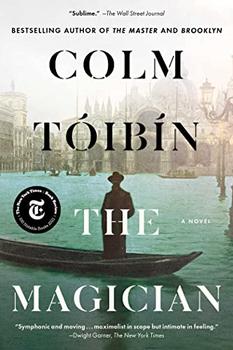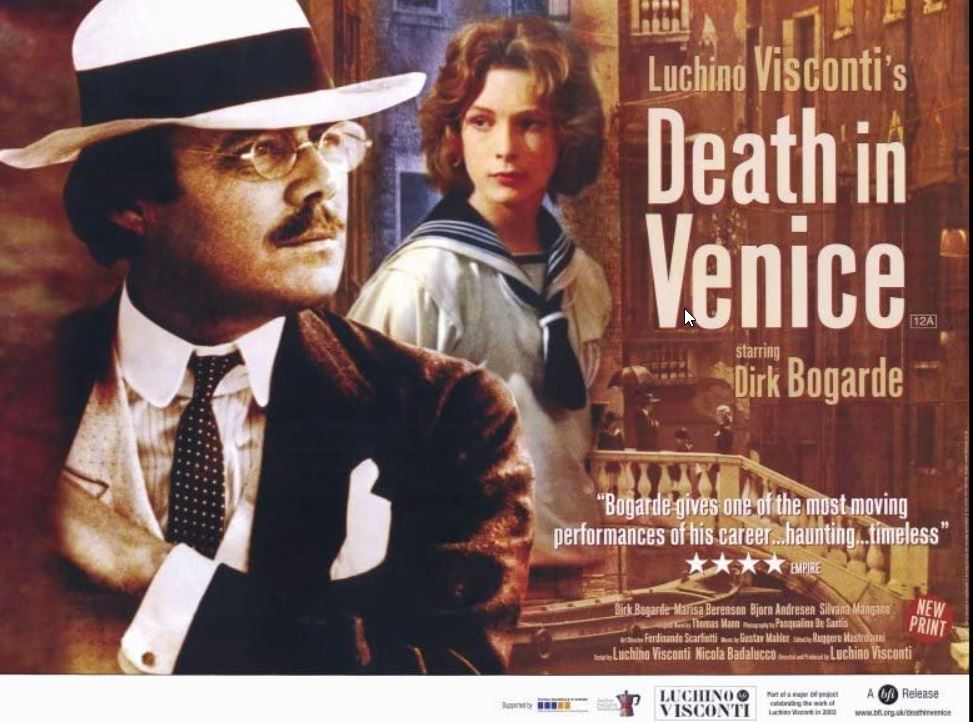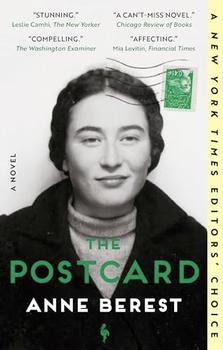Summary | Excerpt | Reading Guide | Discuss | Reviews | Beyond the book | Read-Alikes | Genres & Themes | Author Bio

A Novel
by Colm ToibinFrom one of today's most brilliant and beloved novelists, a dazzling, epic family saga centered on the life of Nobel laureate Thomas Mann, spanning a half-century including World War I, the rise of Hitler, World War II, and the Cold War.
Colm Tóibín's magnificent new novel opens in a provincial German city at the turn of the twentieth century, where the boy, Thomas Mann, grows up with a conservative father, bound by propriety, and a Brazilian mother, alluring and unpredictable. Young Mann hides his artistic aspirations from his father and his homosexual desires from everyone. He is infatuated with one of the richest, most cultured Jewish families in Munich, and marries the daughter Katia. They have six children. On a holiday in Italy, he longs for a boy he sees on a beach and writes the story Death in Venice. He is the most successful novelist of his time, winner of the Nobel Prize in literature, a public man whose private life remains secret. He is expected to lead the condemnation of Hitler, whom he underestimates. His oldest daughter and son, leaders of Bohemianism and of the anti-Nazi movement, share lovers. He flees Germany for Switzerland, France and, ultimately, America, living first in Princeton and then in Los Angeles.
In a stunning marriage of research and imagination, Tóibín explores the heart and mind of a writer whose gift is unparalleled and whose life is driven by a need to belong and the anguish of illicit desire. The Magician is an intimate, astonishingly complex portrait of Mann, his magnificent and complex wife Katia, and the times in which they lived—the first world war, the rise of Hitler, World War II, the Cold War, and exile. This is a man and a family fiercely engaged by the world, profoundly flawed, and unforgettable. As People magazine said about The Master, "It's a delicate, mysterious process, this act of creation, fraught with psychological tension, and Tóibín captures it beautifully."
Tóibín has created magic in this book. In beautiful prose, he has brought Thomas Mann to life and given the reader an intimate look at a great author who lived with contradictions — his acclaim as one of the great 20th-century writers set against his hesitant and secretive inner life; his successful marriage to Katia and their six children set against his repressed homosexuality; and his love for Germany and its culture set against the Nazi ideology he detested. It's a poignant portrayal and a pleasure to read...continued
Full Review
(633 words)
This review is available to non-members for a limited time. For full access,
become a member today.
(Reviewed by Rod McLary).
 Which is better — the book or the film? That question is often debated when a much-loved book is turned into a movie. Death in Venice — the novella written by Thomas Mann and published in 1912 — is perhaps the author's best-known work, not least because it was made into a film by the great Italian director Luchino Visconti in 1971. But which is better?
Which is better — the book or the film? That question is often debated when a much-loved book is turned into a movie. Death in Venice — the novella written by Thomas Mann and published in 1912 — is perhaps the author's best-known work, not least because it was made into a film by the great Italian director Luchino Visconti in 1971. But which is better?
The novella had its origins in a visit Mann made with his wife and children to Venice in 1911. For some time prior to this, according to a letter he wrote at the time, he had wished to write a story about "passion as confusion and degradation" based on the true story of German writer Johann Goethe's love for an 18-year-old baroness. While in Venice, Mann became fascinated...
This "beyond the book" feature is available to non-members for a limited time. Join today for full access.

If you liked The Magician, try these:

by Benjamin Labatut
Published 2024
From one of contemporary literature's most exciting new voices, a haunting story centered on the Hungarian polymath John von Neumann, tracing the impact of his singular legacy on the dreams and nightmares of the twentieth century and the nascent age of AI

by Anne Berest
Published 2024
Anne Berest's The Postcard is among the most acclaimed and beloved French novels of recent years. Luminous and gripping to the very last page, it is an enthralling investigation into family secrets, a poignant tale of mothers and daughters, and a vivid portrait of twentieth-century Parisian intellectual and artistic life.
The low brow and the high brow
Click Here to find out who said this, as well as discovering other famous literary quotes!